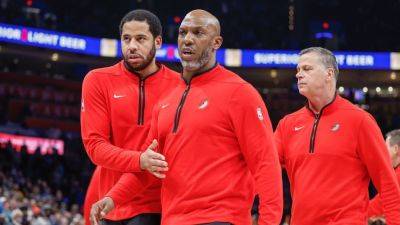NBA report - No link between load management, less injury risk - ESPN
The NBA disseminated an analytics report to teams and select media members this week that said there is no correlation between players being load managed and having a reduced risk of injury.
The report, the latest step in what has been a long debate over the concept of load management, comes in the wake of Joe Dumars, the NBA's executive vice president of basketball operations, saying in October that there is no correlation between the two. Commissioner Adam Silver backed up Dumars in a news conference last month.
Dr. Christina Mack, epidemiologist and and chief scientific officer at IQVIA Injury Surveillance & Analytics, which produced the report, was careful to point out that the report does not say that load management doesn't work, either.
«We're not saying it's better or worse,» Mack said.
The 57-page report was sent to NBA teams earlier this week — at the behest of the NBA's competition committee — to see if there was any relationship between:
• frequency of game participation and injury
• schedule density and injury
• cumulative NBA participation and injury
The report concluded that there was not.
«Results from these analyses do not suggest that missing games for rest or load management — or having longer breaks between game participation — reduces future in-season injury risk,» the report said, in bold type, in its summary.
«In addition, injury rates were not found to be higher during or immediately following periods of a dense schedule.»
The report said that remained true even when factoring in things like player age, minutes played and injury history.
The report based its findings off a 10-year sample — from the 2013-14 season through 2022-23 — using leaguewide data and focusing on a group of 150 «starter-level








